Several years ago, designer and human rights advocate Laura François took a long, hard look at her closet. Staring at her clothes, she couldn’t help but think about the materials and labor poured into each garment. That moment marked the beginning of François’s crusade to convince others to stop buying surplus clothing and support sustainable manufacturers.
The more she researched and spoke on the issue, the more passionate she became. However, she quickly ran into an issue. Although people were listening to what she had to say, she found that audiences had a hard time grasping the staggering data and statistics. So, she launched a mission to physically show the world what goes into their clothing:
Conceptual photographer Benjamin Von Wong caught wind of François’s plan and proposed that they work together to create an art installation. Soon afterward, they received a lead about an abandoned Cambodian clothing factory that they were welcome to scour. Without hesitation, the two traveled halfway around the world and got to work.
The Tak Fak clothing factory had declared bankruptcy and closed its doors nearly a decade before the artists arrived. On the way out, no one saw a need to pick up what was left behind. As a result, the building housed literal tons of half clothing, piled in bags and collecting dust.
Von Wong and François were eager to create something beautiful from the forgotten materials. Right away, the two began to brainstorm ways of giving the garments a second chance at life.
Calling back to the materials roots, the pair decided to build trees, waterfalls, and even a tornado with what they had in front of them. Other than the clothing left behind, they only used household items such as rope, fishnet, and bamboo to create each structure. A slew of volunteers pored through, willing to fight off dust and mosquitoes while patiently dividing clothing by color.
Soon the project morphed into something further reaching than an old building filled with forgotten clothes.
After seeing the efforts the volunteers were willing to put into their statement, the producers realized that the project’s goal was to unite people in opposition against the wasteful clothing industry.
When they were finally complete, each three story structure utilized a lifetime’s worth of clothes. Seeing everything together, it’s easy to understand how 70 million trees are cut down each year just to harvest fibers. Staring at a cascading waterfall of t-shirts, it suddenly becomes easier to visualize the 2,700 liters of water that goes into creating a single cotton shirt.
Obviously, nature can’t speak out to defend itself. However, by “returning” these scraps, François, Von Wong, and their team are doing what they can to make amends.
Like This Article?
Don't Miss The Next One!
Join over 100,000 photographers of all experience levels who receive our free photography tips and articles to stay current:
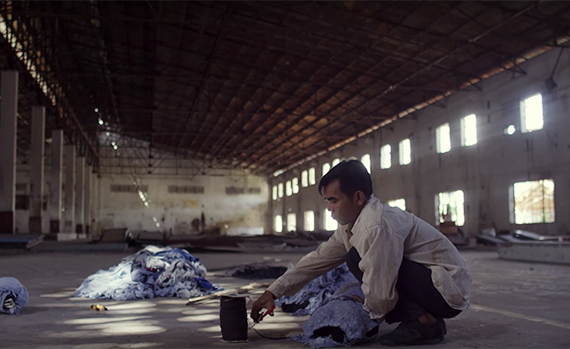
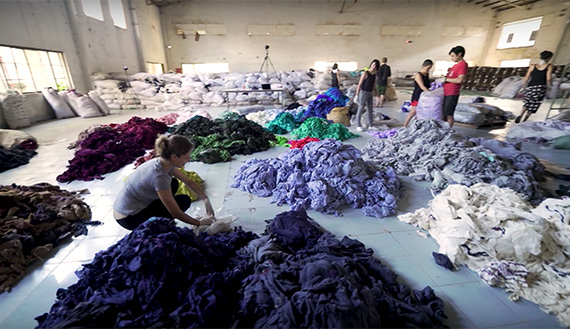
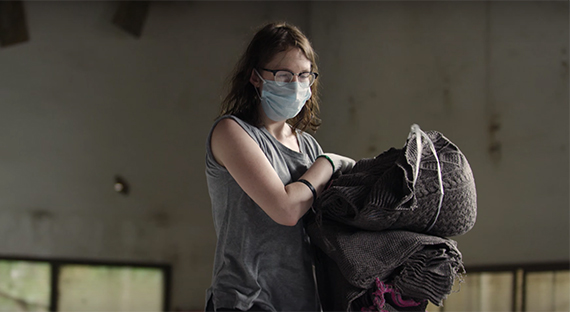
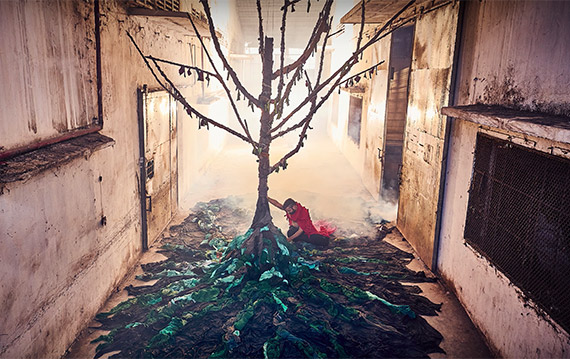
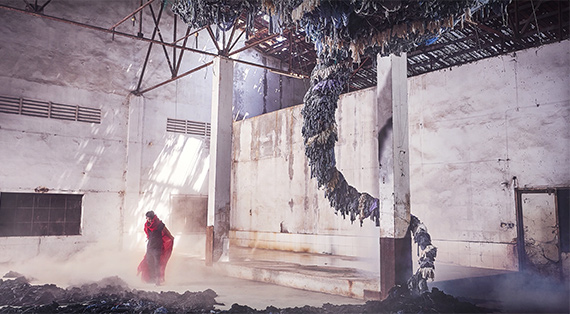






Leave a Reply